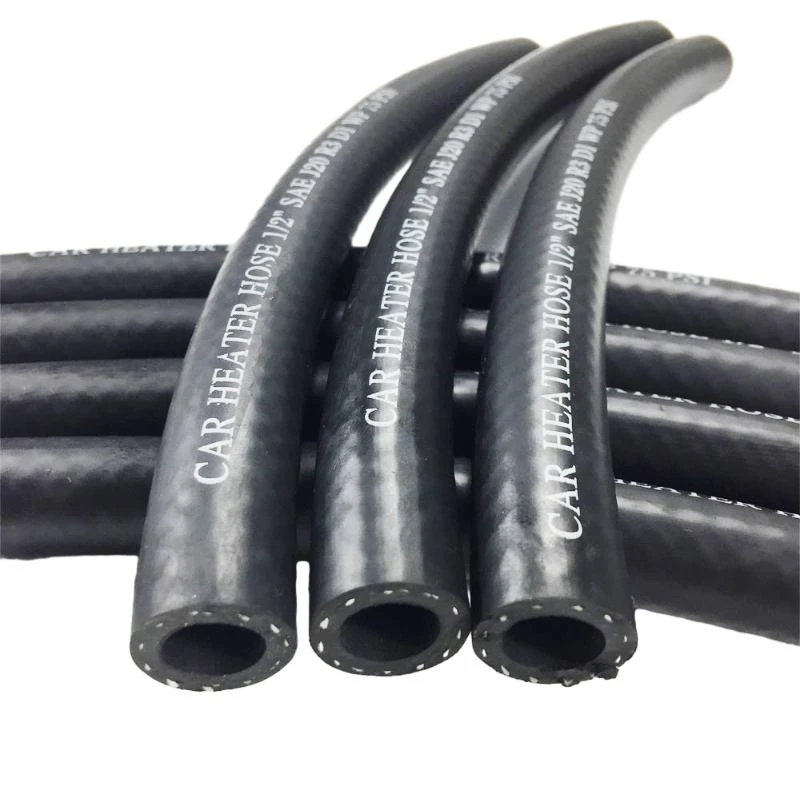automotive fuel line
Oct . 19, 2024 02:14 Back to list
automotive fuel line
Understanding the Automotive Fuel Line Importance and Maintenance
The fuel line is a critical component of any vehicle's fuel system, responsible for transporting gasoline or diesel from the fuel tank to the engine. While often overlooked by vehicle owners, the proper functioning of the fuel line is essential for the efficient performance of the engine and, ultimately, the overall reliability of the vehicle. This article delves into the importance of the automotive fuel line, common problems associated with it, and the necessary maintenance practices to ensure its longevity.
Importance of the Fuel Line
The primary job of the fuel line is to deliver fuel under pressure to the engine's fuel injectors or carburetor. In modern vehicles, this line is typically constructed from materials such as rubber or plastic, designed to withstand high pressure and temperature variations. A faulty fuel line can lead to several issues, including decreased engine performance, poor fuel efficiency, and in severe cases, fuel leaks that pose a fire hazard.
Moreover, the fuel line plays a crucial role in maintaining the correct pressure levels within the fuel system. If the fuel line is cracked or damaged, it can cause a drop in pressure, resulting in a lean fuel mixture that can lead to poor engine performance and increased emissions. Therefore, ensuring that the fuel line remains intact and functional is crucial not only for safety but also for environmental considerations.
Common Issues with Fuel Lines
Various factors can contribute to problems with fuel lines. Over time, fuel lines may deteriorate due to exposure to heat, chemicals, and constant pressure. Common issues include cracking, kinking, or clogging, which can all compromise the fuel delivery system. In older vehicles, metal fuel lines may corrode, leading to leaks. In contrast, rubber lines can become brittle and break, especially in extreme temperature conditions.
Another frequent issue involves the connections between the fuel line and other components of the fuel system. Loose or damaged connections can lead to fuel leaks, noticeable by the smell of gasoline, especially when the vehicle is running. Understanding these potential problems is vital for the vehicle owner to address issues before they escalate.
automotive fuel line

Maintenance and Care
Regular maintenance of the fuel line is essential to ensure optimal performance. Here are some recommended practices
1. Visual Inspections Periodically check the fuel lines for signs of wear or damage, such as cracks, bulges, or leaks. If you notice any abnormal conditions, have a professional evaluate them promptly.
2. Replace Filters Clogged fuel filters can increase pressure in the fuel lines. Regularly replacing your fuel filters as part of routine maintenance can help prevent unnecessary strain on the fuel line.
3. Check Connections Ensure that all connections are secure and free from corrosion. Tightening loose connections can prevent leaks.
4. Use Quality Fuel Filling up with high-quality fuel can prevent residues and deposits from forming within the fuel line, reducing the risk of blockages.
By prioritizing the maintenance of the fuel line, vehicle owners can help ensure their vehicle performs efficiently, reduces the risk of costly repairs, and enhances overall safety on the road.
In conclusion, the automotive fuel line is a vital component that requires attention and care. By understanding its importance and engaging in regular maintenance, vehicle owners can enjoy a reliable and efficient driving experience for years to come.
